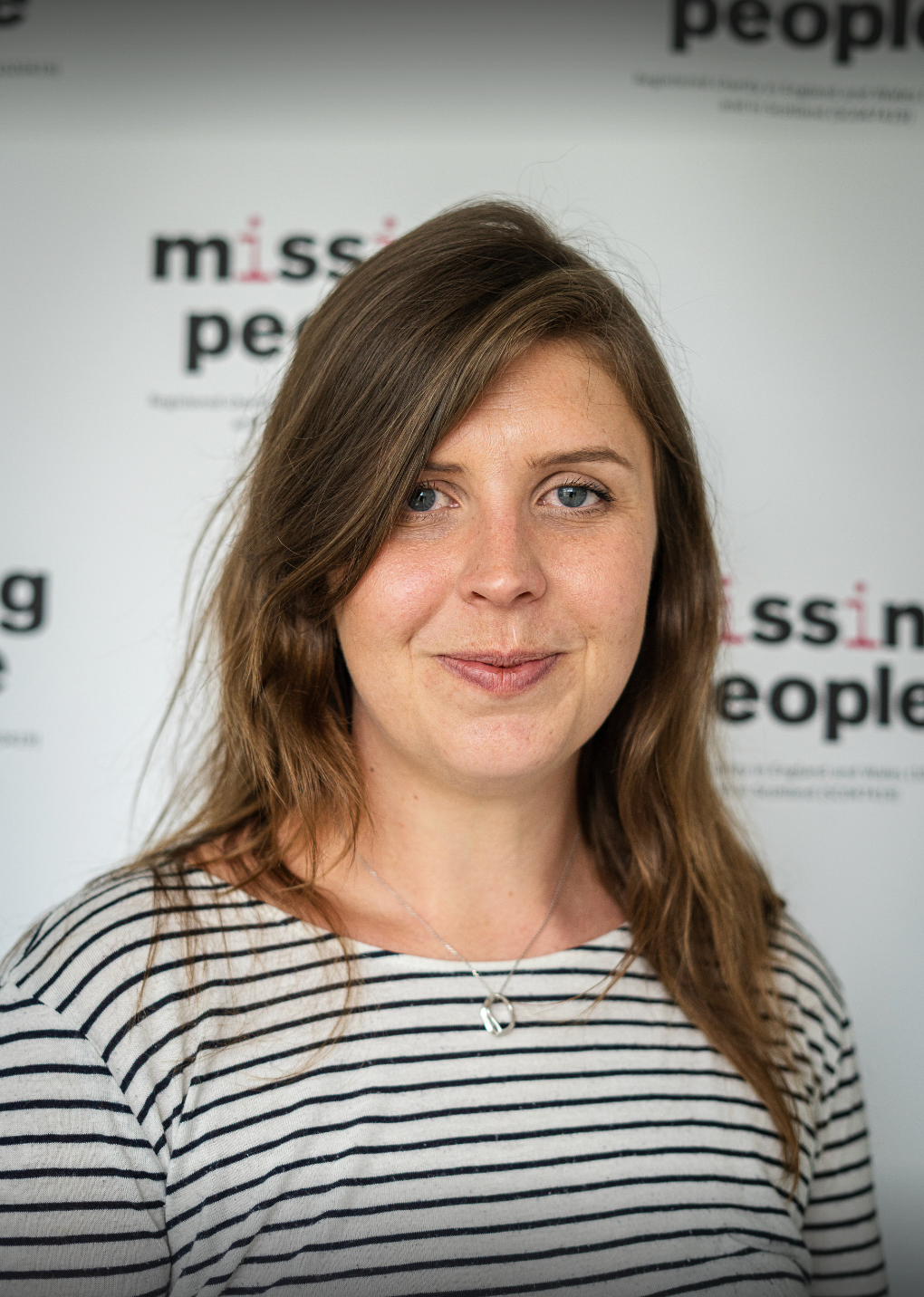A vulnerable child was drawn into a county lines drug trafficking gang after authorities failed to act for 10 days following his family’s report that he was missing, a charity has warned.
Missing People, the UK’s only charity dedicated to reconnecting missing people with their loved ones, said the boy was groomed while he was away and continued to be targeted even after he was found and brought home, leading to repeated disappearances.
“Risks were missed early on that later escalated, and his family felt like their concerns hadn’t been taken seriously enough when they first spoke to the police,” Josie Allan, head of policy and partnerships at the charity, told The Independent.
Missing People shared this boy’s story as it warned that children who disappear are being allowed to fall through the gaps. It said they are at heightened risk of exploitation even when they are only missing for a short time.
The charity blames what it describes as a “deprioritisation” of missing people by both government and police, which it says has left forces without the resources to respond to the scale of the crisis.
The Independent is joining forces with Missing People to launch a new service that will be a lifeline for struggling children. Co-designed and piloted by young people themselves, SafeCall will offer the support, safety and connection they need.
Our goal is to raise £165,000 to help fund this free service, so that the 70,000 children reported missing each year can find safety, no matter what. The charity currently reaches one in four of those children – and, with your support, SafeCall will reach many more.
Donate here or text SAFE to 70577 to give £10 to Missing People – enough for one child to get help.
Ms Allan said: “We are very concerned that some children when they go missing are not identified as at risk and are allowed to fall through the gaps, either experiencing harm while missing or staying missing for days or even weeks. If you ignore the missing episode, then exploitation is one of the key serious things that could be a consequence of that.”
“You hear examples of when parents try to make a report but are told to call back in a few hours,” Ms Allan said, adding some reports are never logged at all.
“We’ve definitely heard from families who tried to make a report and thought they had, but it turned out the police hadn’t even recorded it as a missing person and hadn’t explained that, so the family thought the person was being looked for, but they weren’t.”
Although she stressed it is unusual for a case to be entirely unrecorded, she said it is “not that rare for relatively little to happen”, sometimes due to assumptions that the child will return of their own accord.
The consequences, she said, can be severe. “It can mean someone has come to more harm. The impact on families is a real sense of betrayal. You expect the police to help when you contact them. People feel very let down.”
The Independent previously reported the case of Nerissa Tivy’s son, Alexander Sloley, who was 16 when he vanished from a friend’s house in Islington, north London, in August 2008 with no wallet, no spare clothes and very little money.
She said it took police more than two years to provide her with anything beyond a reference number. “What do you do next?” Ms Tivy asked. “My child’s missing and no one’s telling me anything. You report your child missing and no one gives a damn. It took them two years and three months before they contacted me. Had they done something earlier, maybe we’d have answers by now.”

Ms Allan said police are facing chronic underresourcing and unmanageable demand. According to the National Crime Agency, 160,000 people were reported missing in nearly 330,000 incidents during 2023 to 2024, including 72,000 children who disappeared in almost 210,000 episodes.
Sometimes, however, she said cases are not handled appropriately: “We hear from families who are told, ‘Well, if you can’t keep an eye on your child then how can we?’ Or children are told they’re wasting police time.”
She said both government and policing have deprioritised the issue, and that this misses the stark reality that a disappearance is often a warning sign of serious underlying problems. “We would all be so deeply worried if a loved one went missing,” she said. “That should be replicated at the societal level. Going missing should never be seen as normal. It should be a trigger for activity, resources and a response. It needs to be taken seriously.”
Assistant Chief Constable Damien Miller, national policing lead for missing people, said: “If a missing person is at risk of any kind of exploitation, police will always prioritise finding them as quickly as possible and put safeguarding in place with other agencies to minimise risk of harm in the future.

“Research, including research conducted by the Missing People charity, has shown that involving the police when children are just staying out without permission, or when they are with their friends, can stigmatise young people and lead to the unnecessary involvement of the police in children’s lives. A police response is not always the right answer, which is why we always consider the wider context of each case and work with other agencies to give the right support to those involved.
“We accept that there will always be room for improvement in investigations, which is why the national Missing People Policing Group works to improve the police and partnership response to missing people.”
The government has also been approached for comment.
Please donate now to the SafeCall campaign, launched by The Independent and charity Missing People, to help raise £165,000 to create a free service to help find new, safe futures for vulnerable children.
For advice, support and options, if you or someone you love goes missing, text or call Missing People on 116 000. It’s free, confidential and non-judgemental. Or visit: missingpeople.org.uk/get-help







